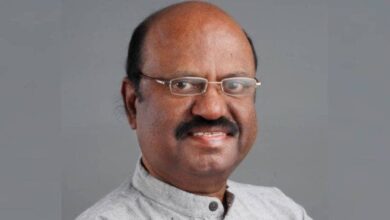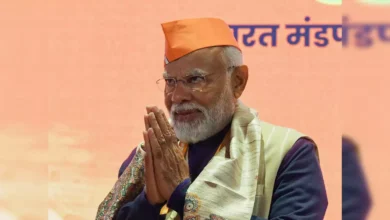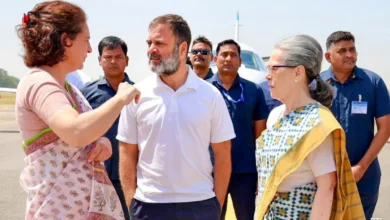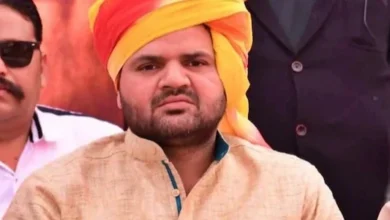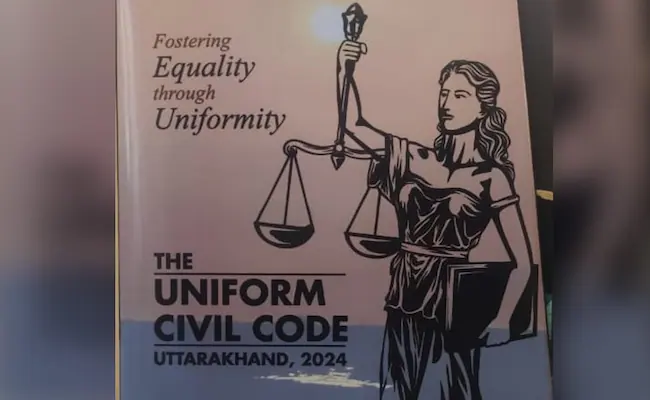
The proposal for a Uniform Civil Code (UCC) in Uttarakhand, tabled by Chief Minister Pushkar Singh Dhami, has ignited a contentious debate, particularly among Muslim leaders and organizations like the Samajwadi Party MP ST Hasan and the All India Muslim Personal Law Board (AIMPLB). Their primary contention is that the UCC might contradict the teachings of the Quran, the holy book of Muslims. Hasan, in particular, has emphasized the importance of aligning legislation with the Quran’s instructions, indicating that any divergence could be met with opposition from the Muslim community.
Maulana Khalid Rasheed Farangi Mahali, an executive member of AIMPLB, echoed these concerns, highlighting potential issues with the lack of uniformity in the UCC. He expressed apprehensions that certain communities might be exempted from the UCC, leading to disparities in legal provisions. Such exemptions could undermine the very essence of a Uniform Civil Code, raising questions about its efficacy in ensuring equal treatment under the law for all citizens, irrespective of their religious affiliations.
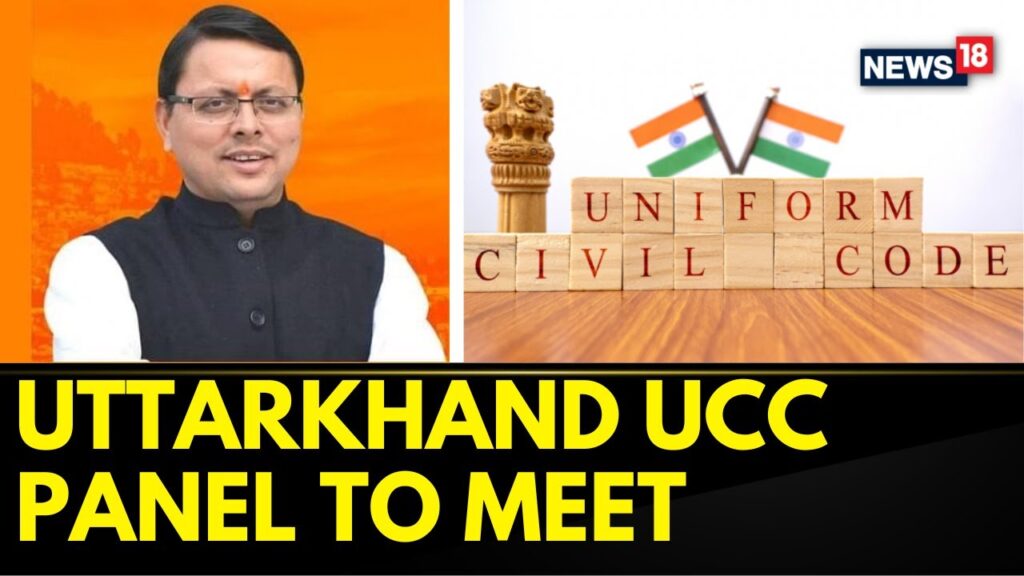
The political context surrounding the UCC proposal reveals that the Bharatiya Janata Party (BJP) promised its introduction during the 2022 Uttarakhand assembly elections. Given the BJP’s clear majority in the state assembly, the bill’s passage seems likely. However, concerns persist regarding its potential impact on religious practices and the need for comprehensive dialogue and consideration to address these concerns adequately.
At its core, the UCC aims to replace personal religious laws governing various aspects of civil life, such as marriage, divorce, and inheritance, with a uniform set of laws applicable to all citizens, irrespective of their religious backgrounds. Proponents argue that such a move would promote equality and secularism, aligning with the principles enshrined in the Indian Constitution. However, critics raise valid concerns about the potential infringement on religious freedoms and cultural practices, particularly among minority communities.
In response to the UCC proposal, the Congress party has clarified its stance, stating that it does not inherently oppose the concept of a Uniform Civil Code. Instead, it critiques the manner in which the bill is being introduced. Congress argues that proper procedures and rules should be followed, ensuring that all voices, including those of Members of the Legislative Assembly (MLAs), are heard in the assembly. This approach would facilitate comprehensive discussion and deliberation, essential for a matter of such significance.
Former Uttarakhand Chief Minister and Congress leader Harish Rawat have been vocal in criticizing the state government’s procedure for rushing the bill without adequate discussion or sharing the draft copy. Rawat contends that the central government should have taken responsibility for introducing such significant legislation, rather than utilizing Uttarakhand for political purposes. His comments underscore broader concerns about transparency, inclusivity, and procedural integrity in the legislative process, highlighting the importance of upholding democratic norms and principles.
You might also be interested in –Kerala assembly unanimously opposes Uniform Civil Code, citing concerns over the secular character
